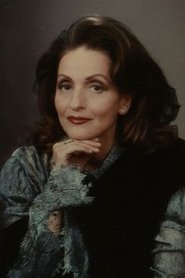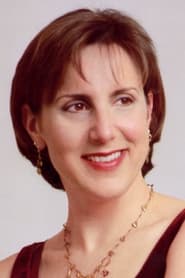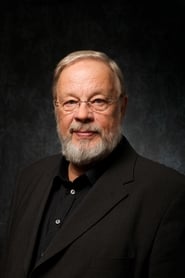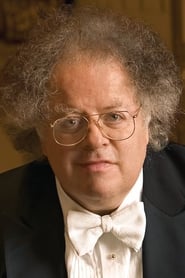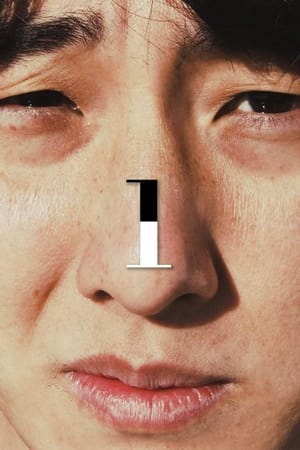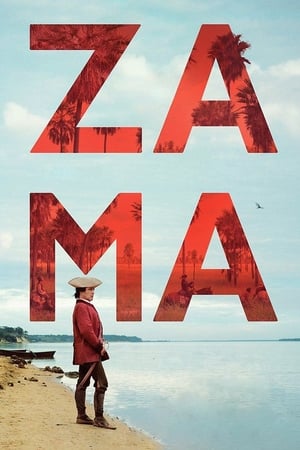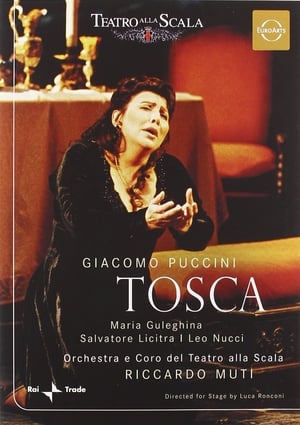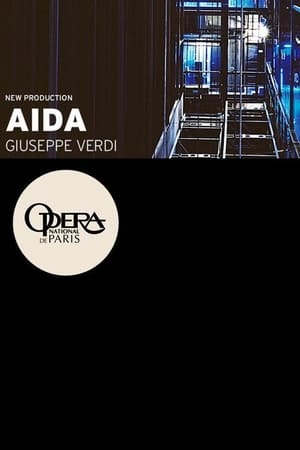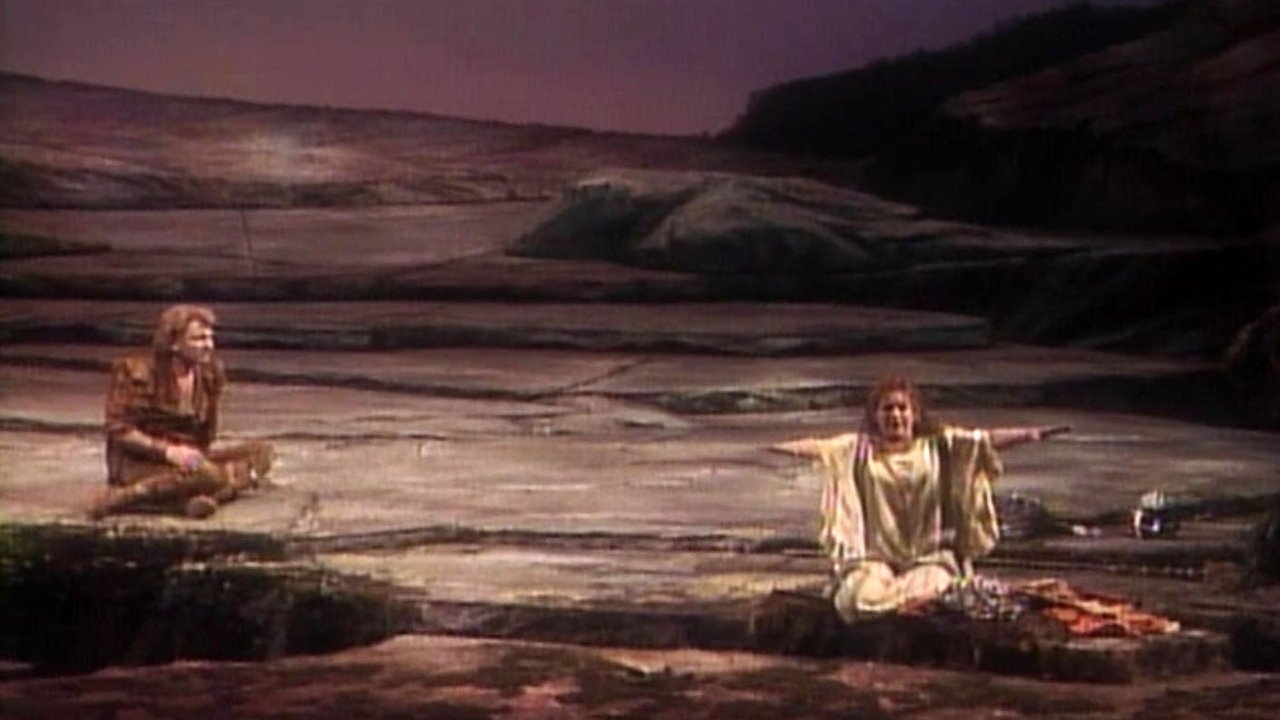

Siegfried(1990)
Siegfried is the third of the four operas that constitute Der Ring des Nibelungen (The Ring of the Nibelung), by Richard Wagner.

Movie: Siegfried
Top 10 Billed Cast
Siegfried
Erda
Alberich

Siegfried
HomePage
Overview
Siegfried is the third of the four operas that constitute Der Ring des Nibelungen (The Ring of the Nibelung), by Richard Wagner.
Release Date
1990-02-23
Average
7.5
Rating:
3.8 startsTagline
Genres
Languages:
DeutschKeywords
Recommendations Movies
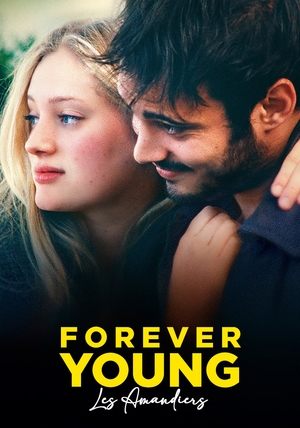 6.6
6.6Forever Young(fr)
At the end of the 1980s, Stella, Victor, Adèle and Etienne are 20 years old. They take the entrance exam to the famous acting school created by Patrice Chéreau and Pierre Romans at the Théâtre des Amandiers in Nanterre. Launched at full speed into life, passion, and love, together they will experience the turning point of their lives, but also their first tragedy.
 7.0
7.0A Better Tomorrow II(zh)
A restauranteur teams up with a police officer and his ex-con brother to avenge the death of a friend's daughter.
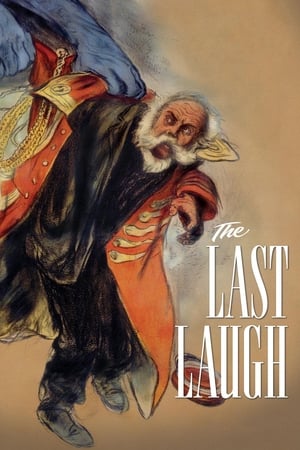 7.8
7.8The Last Laugh(de)
An aging doorman, after being fired from his prestigious job at a luxurious hotel is forced to face the scorn of his friends, neighbours and society.
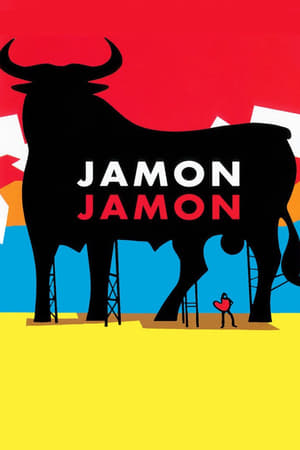 6.2
6.2Jamon Jamon(es)
José Luis has a cushy corporate job at the lingerie factory his mom owns. After he falls in love and proposes to Silvia, a beautiful laborer on the underwear assembly line, his mom enlists Raul, a potential underwear model and would-be bullfighter, to seduce Silvia.
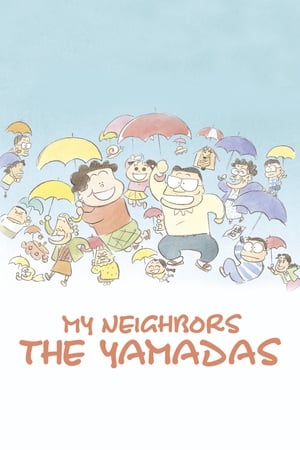 7.0
7.0My Neighbors the Yamadas(ja)
The Yamadas are a typical middle class Japanese family in urban Tokyo and this film shows us a variety of episodes of their lives. With tales that range from the humorous to the heartbreaking, we see this family cope with life's little conflicts, problems, and joys in their own way.
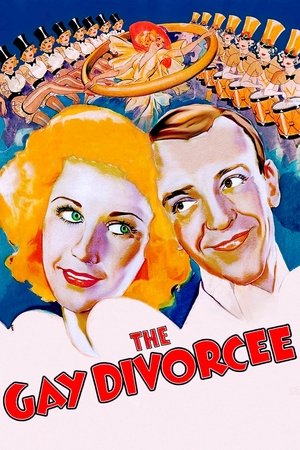 6.9
6.9The Gay Divorcee(en)
Seeking a divorce from her absentee husband, Mimi Glossop travels to an English seaside resort. There she falls in love with dancer Guy Holden, whom she later mistakes for the corespondent her lawyer hired.
 5.6
5.6Showgirls(en)
Fresh to Las Vegas with no connections, Nomi Malone takes a job as an exotic dancer. Her talents are quickly noticed by Cristal, a headlining dancer who senses an opportunity to bolster her own act. But Nomi won’t play second fiddle and soon begins her venomous path to the top, ruthlessly backstabbing anyone who gets in her way.
 4.8
4.8Spring Break Shark Attack(en)
A young teenager travels to Florida, unknowing that a group of dangerous tiger sharks are ravaging the beach.
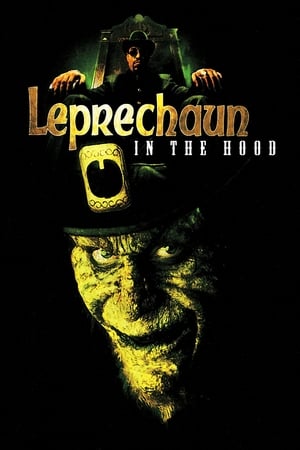 4.8
4.8Leprechaun in the Hood(en)
When Butch, Postmaster P, and Stray Bullet loot the local hip-hop mogul's studio to fund their demo album, the threesome unwittingly ends up with the secret of Mack Daddy's success: a magical flute. Their gigs instantly turn golden but a blood-thristy Leprechaun and an angry Mack Daddy are hot on their trail, leaving a wake of destruction tainted by politically incorrect limericks.
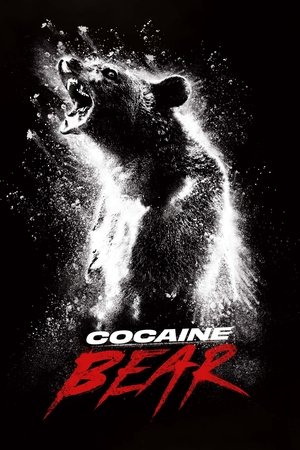 6.0
6.0Cocaine Bear(en)
Inspired by a true story, an oddball group of cops, criminals, tourists and teens converge in a Georgia forest where a 500-pound black bear goes on a murderous rampage after unintentionally ingesting cocaine.
 6.5
6.5Fight Back to School 3(cn)
Chow Sing Sing returns, only this time he doesn’t go back to school. Instead, Chow goes undercover as the husband of a wealthy socialite, which doesn’t sit well with his fiancée, who tries to convince Chow to quit working as undercover.
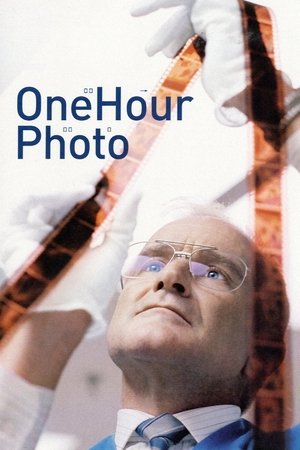 6.7
6.7One Hour Photo(en)
Sy "the photo guy" Parrish has lovingly developed photos for the Yorkin family since their son was a baby. But as the Yorkins' lives become fuller, Sy's only seems lonelier, until he eventually believes he's part of their family. When "Uncle" Sy's picture-perfect fantasy collides with an ugly dose of reality, what happens next "has the spine-tingling elements of the best psychological thrillers!"
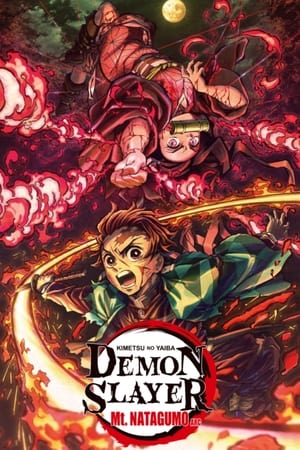 7.8
7.8Demon Slayer: Kimetsu no Yaiba Mt. Natagumo Arc(ja)
A recap of Kimetsu no Yaiba episodes 15–21, with new footage and special end credits. Tanjiro, now a registered Demon Slayer, teams up with fellow slayers Zenitsu and Inosuke to investigate missing person cases on the mountain Natagumo. After the group is split up during a fight with possessed swordfighters, they slowly begin to realize the entire mountain is being controlled by a family of Demon spider creatures.
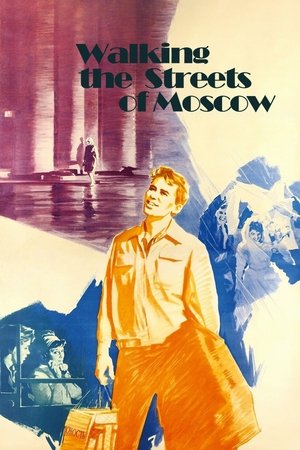 7.1
7.1Walking the Streets of Moscow(ru)
On a stopover in Moscow, a young writer Volodya makes friends with Kolya, who is returning home from a hard night shift. Just as Kolya is about to take a rest, he is met by his old friend Sasha, who wants help getting a deferral from military service so that he can get married.
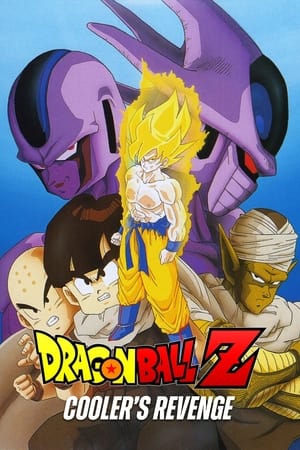 7.0
7.0Dragon Ball Z: Cooler's Revenge(ja)
After defeating Frieza, Goku returns to Earth and goes on a camping trip with Gohan and Krillin. Everything is normal until Cooler - Frieza's brother - sends three henchmen after Goku. A long fight ensues between our heroes and Cooler, in which he transforms into the fourth stage of his evolution and has the edge in the fight... until Goku transforms into a Super Saiyan.
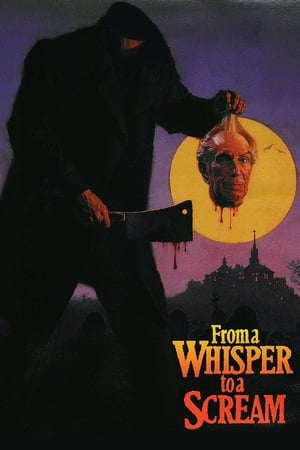 5.7
5.7From a Whisper to a Scream(en)
The uncle of an executed murderess relates four stories of his hometown, Oldfield, to a reporter. In the first, an elderly man pursues a romance with a younger woman, even to the grave and beyond. In the second, a wounded man on the run from creditors is rescued by a backwoods hermit who holds the secret to eternal life. In the third, a glass-eating carny pays the ultimate price for looking for love on the outside. And in the fourth, a group of Civil War soldiers are held captive by a household of orphans with strange intentions for them.
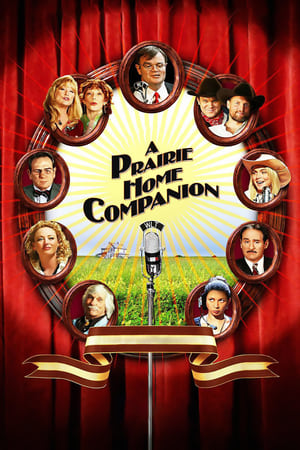 6.3
6.3A Prairie Home Companion(en)
A look at what goes on backstage during the last broadcast of America's most celebrated radio show, where singing cowboys Dusty and Lefty, a country music siren, and a host of others hold court.
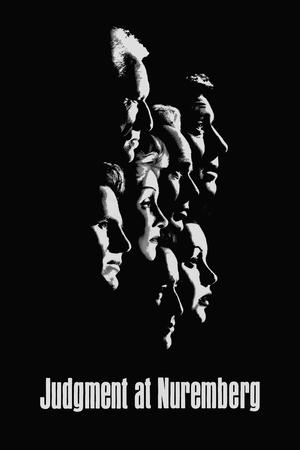 8.0
8.0Judgment at Nuremberg(en)
In 1947, four German judges who served on the bench during the Nazi regime face a military tribunal to answer charges of crimes against humanity. Chief Justice Haywood hears evidence and testimony not only from lead defendant Ernst Janning and his defense attorney Hans Rolfe, but also from the widow of a Nazi general, an idealistic U.S. Army captain and reluctant witness Irene Wallner.
Similar Movies
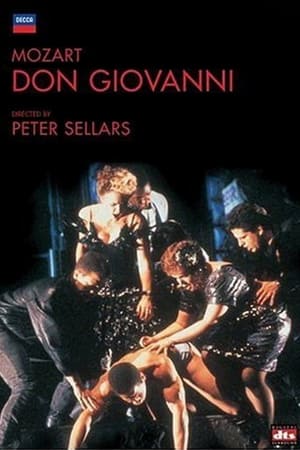 7.0
7.0Don Giovanni(it)
This production was originally staged for the Pepsico Summerfare Festival, The International Performing Arts Festival of the State University of New York at Purchase. Leaving the lyrics in their original Italian, acclaimed American director Peter Sellars transports Wolfgang Amadeus Mozart's "Don Giovanni" to a modern-day metropolis, nestling the opera's beloved characters among the brownstones of New York City's Harlem. Sellars's contemporary retelling of a classic musical tale is one of three performances in a Mozart series that also includes "Le Nozze di Figaro" and "'Così Fan Tutte."
 5.5
5.5Puccini: Turandot(it)
Franco Zeffirelli's magnificient staging of Puccini's final opera - a fairy tale set in a mythical China - is one of the most popular in the Met repertory. In this Live in HD production, Maria Guleghina takes on the title role and Marcello Giordani is Calaf, the unknown prince. Marina Poplavskaya and Samuel Ramey co-star, and Andris Nelsons conducts in his Met debut.
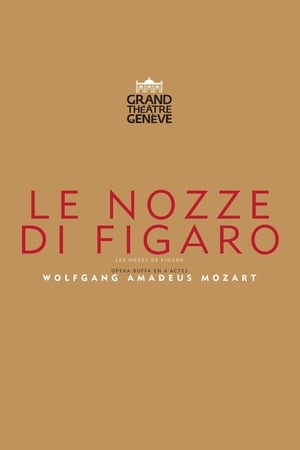 0.0
0.0The Marriage Of Figaro - Grand Théâtre de Genève(it)
The production bears the imprint of the conductor, Marko Letonja, and the director, Tobias Richter, whose understanding is ideal: both breathe a troupe spirit - specific to comedy - into this heterogeneous cast, which brings together young and old. Both give as much importance to recitatives as to arias and ensembles.
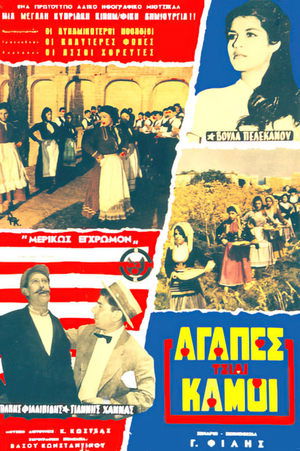 0.0
0.0Love Affairs and Heartbreaks(el)
This first film of Cyprus' first director, Giorgios Filis, depicts music and dance customs in the form and style of a folk opera, with traditional Cypriot dances and songs. The film consists of a folkloric inventory based on the folk culture of Cyprus, as well as on similar ritual happenings. The narration and dialogue are entirely in the Cypriot dialect and are characterized by a rhetorical and poetic mood.
 7.0
7.0Cavalleria rusticana(it)
Franco Zeffirelli directs these two legendary La Scala productions telling tragic tales of jealousy. Mascagni's Cavalleria Rusticana features performances by Elena Obraztsova, Plácido Domingo, and Renato Bruson. Leoncavallo's I Pagliacci stars Teresa Stratas, Plácido Domingo, and Juan Pons. Both are conducted by George Pretre. This production of Pagliacci earned director Franco Zeffirelli the coveted Emmy as Best Director in the category of Classical Music Programming.
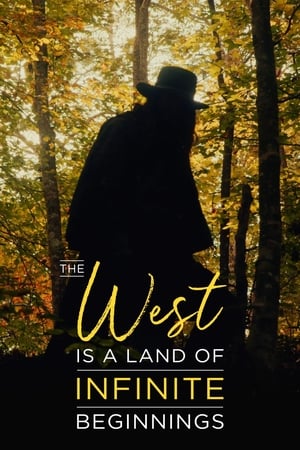 0.0
0.0The West is a Land of Infinite Beginnings(en)
Alone in the woods, a young man is pursued by a horrifying specter and by visions of his deceased sisters. A meditation on the precarious uncertainty of the American Dream and the role that uncontrollable forces play in our lives, The West is a Land of Infinite Beginnings is inspired by a harrowing scene from the opera Proving Up, by composer Missy Mazzoli and librettist Royce Vavrek.
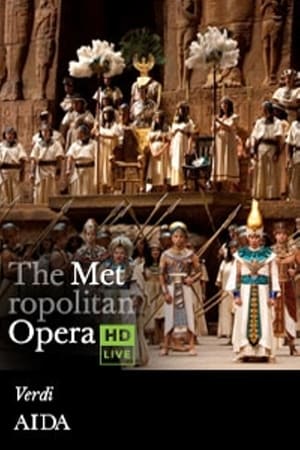 8.0
8.0The Metropolitan Opera: Aida(en)
The Met’s spectacular production of Verdi’s Egyptian epic captures both the grandeur and the intimacy of this powerful tale of love and politics. Liudmyla Monastyrska is Aida, the Ethiopian princess-turned-slave in love with the Egyptian warrior Radamès, sung by Roberto Alagna. Olga Borodina is her rival, Amneris, daughter of the Pharao, and George Gagnidze sings Aida’s father, Amonasro, the King of Ethiopia. Principal Conductor Fabio Luisi is on the podium.
Lady Macbeth of Mtsensk(ru)
A young woman, married to a wealthy man, but miserably lonely; trapped within a world ruled with an iron fist. Katerina is driven by a lust for life and for love. Her husband, though, is impotent; her father-in-law a tyrant. No wonder, then, that she longs to free herself from this yoke. When Sergei starts work on the family estate, she sees in him a chance for salvation. However, their subsequent affair marks the beginning of a descent into crime.
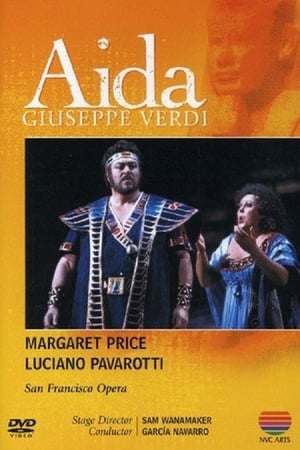 0.0
0.0Aida - San Francisco Opera(it)
An Egyptian military commander, Radamès, struggles to choose between his love for the enslaved Ethiopian princess Aida, and his loyalty to the Pharaoh. To complicate the story further, the Pharaoh's daughter Amneris is in love with Radamès, although he does not return her feelings.
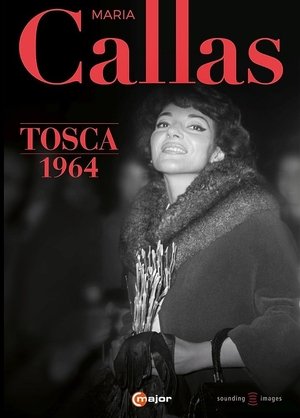 0.0
0.0Maria Callas Sings Tosca, Act II(en)
At the beginning of 1964, the music world experiences something completely unexpected. Maria Callas returns to the opera stage as the prima donna. Her “Tosca” at the Royal Opera House becomes a sensation. Maria Callas wants to show everyone once again that she deserves the title of “prima donna assoluta.” On the condition that star director Franco Zeffirelli take over the direction, the exceptional singer agrees to sing the role of Tosca. The BBC recorded the 2nd act of the opera for television. It is one of the most dramatic acts in opera history: in order to free the painter Cavaradossi from the hands of torturers, Tosca ends up murdering the police chief Scarpia. The film footage is one of the rare opportunities to see Maria Callas in an opera performance and to experience her highly emotional performance art and vocal abilities...
 8.1
8.1Die Walküre(de)
The gorgeous and evocative Otto Schenk/Günther Schneider-Siemssen production continues with this second opera in Wagner’s Ring cycle. Hildegard Behrens brings deep empathy to Brünnhilde, the favorite daughter of the god Wotan (James Morris) who nevertheless defies him. Morris’s portrayal of Wotan is deservedly legendary, as is Christa Ludwig, as Fricka. Jessye Norman and Gary Lakes are Sieglinde and Siegmund, and Kurt Moll is the threatening Hunding. James Levine and the Met orchestra provide astonishing color and drama. (Performed April 8, 1989)
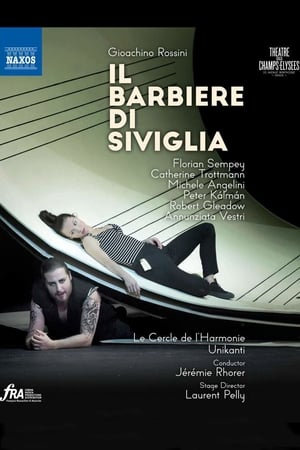 0.0
0.0Rossini: Il Barbiere di Siviglia (Théâtre des Champs-Élysées, 2017)(en)
This is Laurent Pelly’s Théâtre des Champs-Élysées staging of Rossini’s Il barbiere di Siviglia, with a cast featuring Florian Sempey as Figaro, Catherine Trottmann as Rosina, and Michele Angelini as Il Conte Almaviva. Jérémie Rhorer conducts Le Cercle de l-Harmonie.
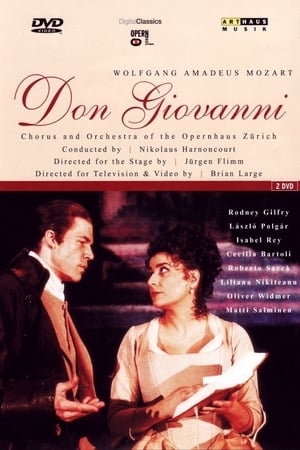 10.0
10.0Mozart: Don Giovanni (Zurich Opera House)(it)
Live 2001 production from the Zurich Opera House of the classic Mozart/Da Ponte opera, with Nikolaus Harnoncourt conducting and directed for television and video by Brian Large.
 0.0
0.0Poulenc's The Human Voice / Bartók's Bluebeard's Castle(en)
Running through Bartók’s disenchanted tale, whose haunting music was initially condemned as unplayable, and the expression of despair in Poulenc’s monologue, the director Krzysztof Warlikowski perceives a shared dramatic thread, a shared feminine consciousness and a shared sense of imprisonment and suffocation: for the woman who penetrates the confines of Bluebeard’s castle and Elle, the woman who clings to a telephone conversation with a man as the only thing worth living for, are condemned to share the same fate. And this man she speaks to, does he really exist? Unless the director has interpreted Cocteau’s words to the letter and the telephone has become a “terrifying weapon that leaves no trace, makes no noise”…
 6.8
6.8Così fan tutte(it)
Who loves whom in Così fan tutte, Mozart’s and Da Ponte’s cruelly comic reflection on desire, fidelity and betrayal? Or have the confusions to which the main characters subject one another ensured that in spite of the heartfelt love duets and superficially fleetfooted comedy nothing will work any longer and that a sense of emotional erosion has replaced true feelings? Così fan tutte is a timeless work full of questions that affect us all. The Academy Award-winning director Michael Haneke once said that he was merely being precise and did not want to distort reality. In only his second opera production after Don Giovanni in 2006, he presents what ARTE described as a “disillusioned vision of love in an ice-cold, realistic interpretation”.
 7.0
7.0Operette(de)
A musician is offered a job in Vienna as stage director, but his disagreements with the aristocratic opera manager end in abrupt firing in spite of a mutual attraction. He's quickly engaged by another theatre and becomes famous for his lavish stage productions and fine acting, which begins their golden age with Suppé and Strauss.
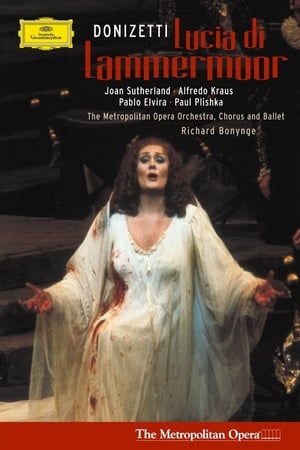 0.0
0.0Lucia di Lammermoor(it)
This telecast offers a rare opportunity to see the legendary Joan Sutherland in the role that first catapulted her to international stardom. She drove audiences wild by the way her opulent voice caressed the music’s long phrases and sprinted effortlessly through the fiendish runs, trills, embellishments and stratospheric high notes. One of the glories of the operatic world, her portrayal of Donizetti’s hapless heroine is a multifaceted and moving characterization. The incomparable tenor Alfredo Kraus is Edgardo, the man Lucia loves but cannot have. (Performance taped November 13, 1982. Broadcasted September 28, 1983.)

